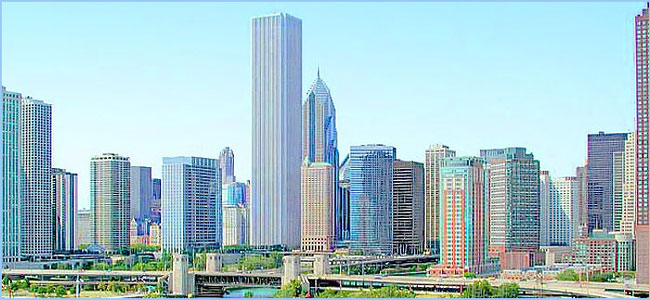Think you’ve seen good photoshop work? Take a few minutes and browse through these galleries:
 Michael Hiteshew
Michael Hiteshew
On European Pacifism
Let me start by saying I’m no slouch when it comes to criticizing pacifism among Europeans. I’ve more than once compared them to spoiled children, interested in enjoying all the benefits of economic and political security while doing little or nothing to contribute to the sharing of those burdens around the world.
But the truth is, I’m guilty of imposing a certain cultural-centric, very American, viewpoint on the world. What am I talking about? History.
Many months back, I found myself in a debate with a German on a blog somewhere. He was angry that Americans showed no interest or appreciation for the contributions Europeans made or tried to make in the war in Afghanistan and the wider war on terrorism. I shot back that it wasn’t that we didn’t appreciate the help of Europeans, it was just that, with the notable exception of the Brits, there was so damn little of it to appreciate. He went on to point out to me something critical. Something I hadn’t really considered until he showed me the world through his eyes. Through German eyes. You have no idea, he said, how difficult, politically, it is for us to put armed troops overseas. Combat troops. In a war zone. That is a huge step for us. Until 1990, it was actually against the law in Germany for us to produce military equipment designed for power projection. Only defensive systems were allowed. There’s a reason we don’t own a fleet of transport aircraft or operate an aircraft carrier. The political ramifications, both within Germany and among the surrounding countries, would be enormous.
It’s so easy to forget recent history. How differently would we Americans view the world if we had experienced what Europe had in the last two centuries: from the colonial experience to the Third Reich. Our memories, of WWII for example, are of Normandy, the battle of the Bulge and victory. Europe has a whole different set of memories:
Wolves & Sheep
What’s wrong with this picture?
From the Telegraph:
Big bonuses for failing rail bosses
By Alistair Osborne, Associate City Editor
(Filed: 03/06/2004)
Network Rail awarded huge bonuses to its directors yesterday despite announcing that they had failed to meet any targets for train punctuality and had made an annual loss of £1.1 billion.
John Armitt, the chief executive, will receive a bonus of £112,320 on top of his £468,000 basic pay. His deputy, Iain Coucher, gets £99,840 in addition to his £416,000 wage.
Gee, a bonus of over $100k, on top of his almost half million dollar base pay, for failing to meet company goals. How do I get that job? Who does this guys performance review?
When I worked at Lockheed, that division had an incentives based contract with the US Navy. Lockheed was graded on a series of milestones every year. The goals were set by the Navy program managers who were responsible for overseeing the contract. The milestones included meeting design and delivery schedules, product performance, cost goals, that sort of thing. Lockheed received a monetary bonus from the Navy for each milestone met. However, there was a minimum number of milestones which we had to meet in order to qualify for any bonuses at all, 75% I believe. We typically achieved 90%+ of our milestones.
When it came time to distribute the bonus money, where do you guess it went? Part was sent to corporate HQ as profit, the rest was divided among the directors. No one else received anything.
There seems to be something patently unfair, immoral even, about those stories. Of course, whoever said life was fair? In the first case, directors reward themselves – and everyone else – for doing a poor job. In the second, when an excellent job is being done all, all the rewards are kept by those controlling the money. The only common denominator seems to be the greed of those at the top.
(For those not registered with The Telegraph, I’ve copied the article below)
Afghanistan In 35mm
Amazing photo gallery by Luke Powell. National Geographic quality.
Paging through the photos from the 1970’s is surreal. It’s a journey back into the depths of time.
The Leviathan & The System Administrator
This is a tale of the present and the future, where nation states fall into two basic categories: A) The politically stable, technologically developed, globalized, economically interconnected states – the Core, and B) the politically unstable, underdeveloped or even non-developed, non-globally connected states – the Gap. Who cares?, you might ask. Well, as Thomas Barnett writes in Esquire Magazine:
If we draw a line around the majority of [US] military interventions, we have basically mapped the Non-Integrating Gap. Obviously, there are outliers excluded geographically by this simple approach, such as an Israel isolated in the Gap, a North Korea adrift within the Core, or a Philippines straddling the line. But looking at the data, it is hard to deny the essential logic of the picture: If a country is either losing out to globalization or rejecting much of the content flows associated with its advance, there is a far greater chance that the U.S. will end up sending forces at some point. Conversely, if a country is largely functioning within globalization, we tend not to have to send our forces ambienbuy there to restore order to eradicate threats.

